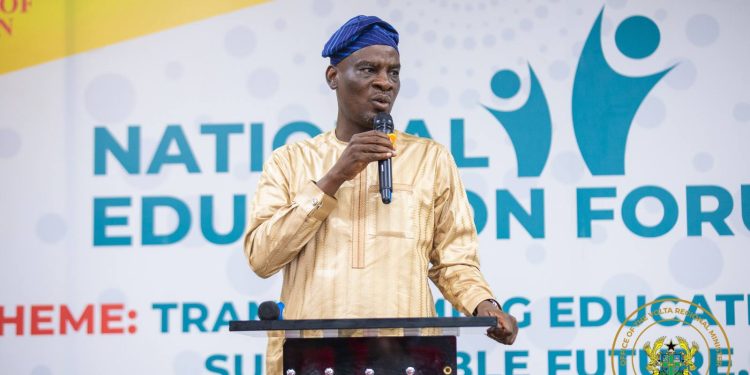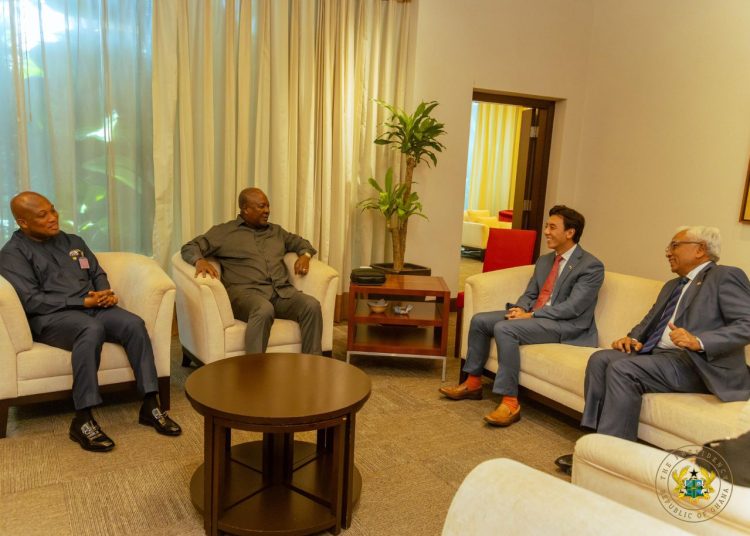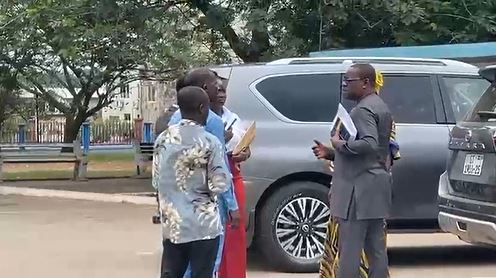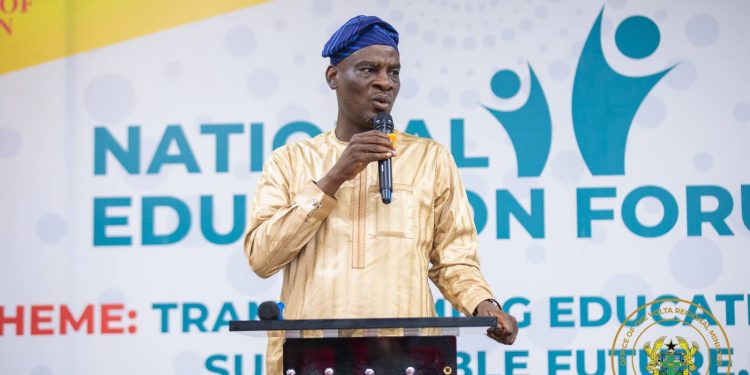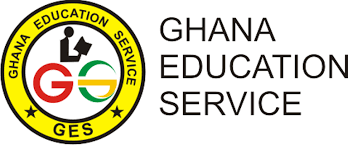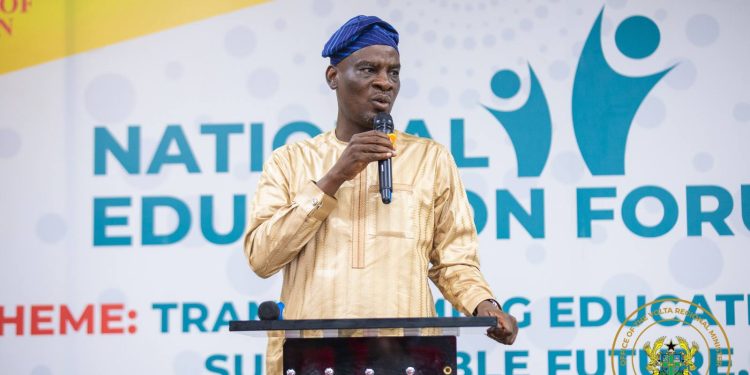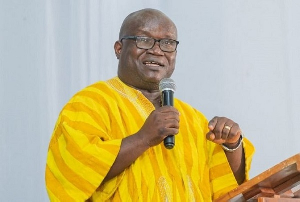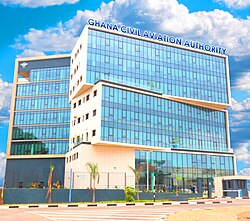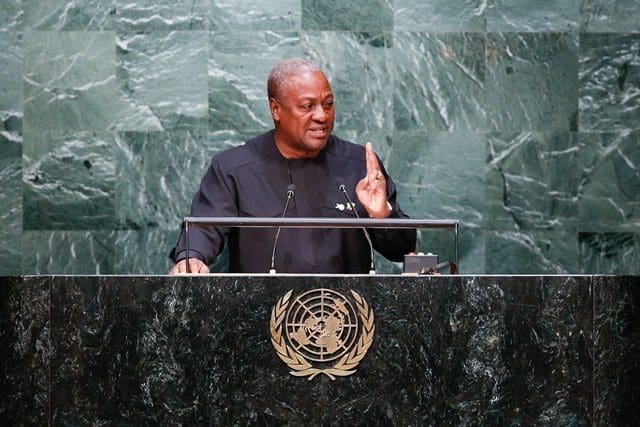Minister for Education, Haruna Iddrisu, says the government is set to begin phasing out the controversial double-track system in Senior High Schools, citing its negative impact on academic outcomes.
Speaking at a media briefing on Sunday, Mr Iddrisu said the policy, initially introduced to reduce congestion in schools under the Free SHS programme, has instead reduced students' contact hours and study time — affecting overall performance.
"The double-track system has impacted negatively on the quality and outcomes of education under the Free SHS policy," he said. "Students have fewer contact hours and less study time, which affects their performance."
The Education Minister outlined three key strategies for eliminating the system: expanding school infrastructure, strengthening digital learning tools, and allowing private senior high schools to enrol qualified students under the Free SHS policy to ease pressure on public institutions.
To oversee the transition, the government has established an 11-member committee chaired by Prof Peter Grant of the University of Cape Coast. The team is expected to review the 2024/2025 academic calendar and develop a detailed roadmap for a return to the single-track system in both Senior High Schools (SHSs) and Senior High Technical Schools (SHTSs).
The committee includes senior education officials and academics from the Ghana Education Service (GES), West African Examinations Council (WAEC), Conference of Heads of Assisted Secondary Schools (CHASS), and other relevant bodies.
The double-track system was introduced in 2018 as part of the Free SHS initiative to increase enrolment without overstretching existing facilities. While it allowed more students to access secondary education, it also drew criticism over its long-term effect on teaching and learning quality.
The Education Ministry has not given a definitive timeline for the complete phase-out, but officials say the process will be gradual and based on recommendations from the newly formed committee.



